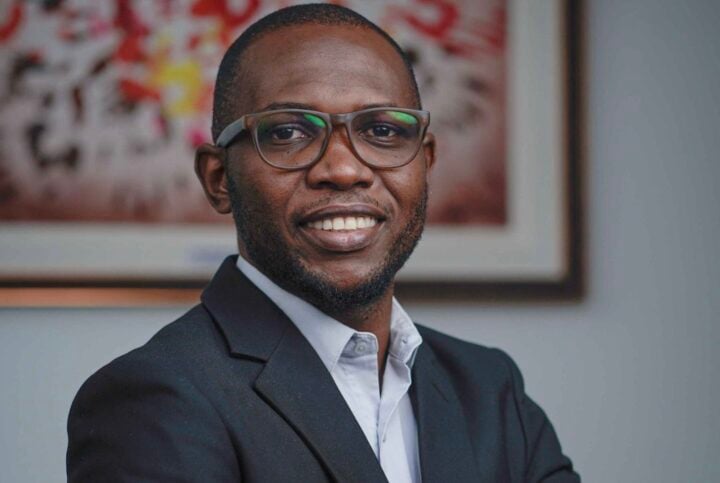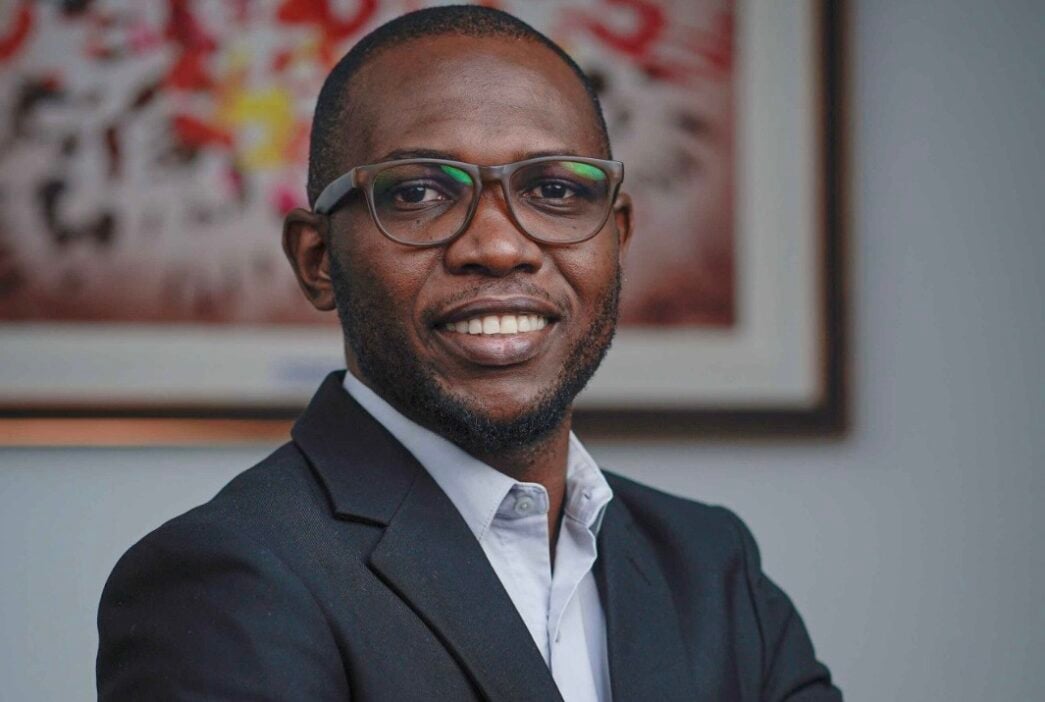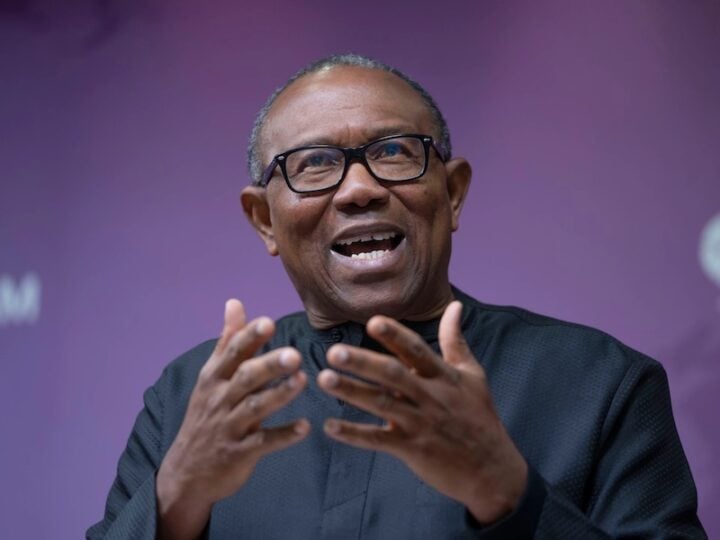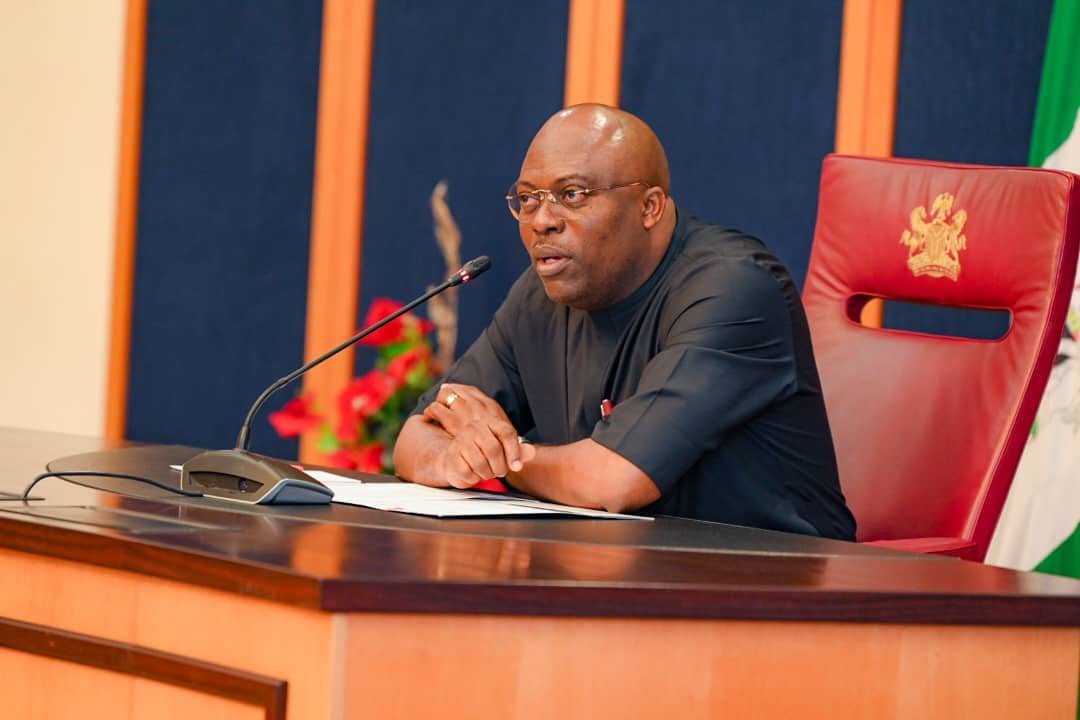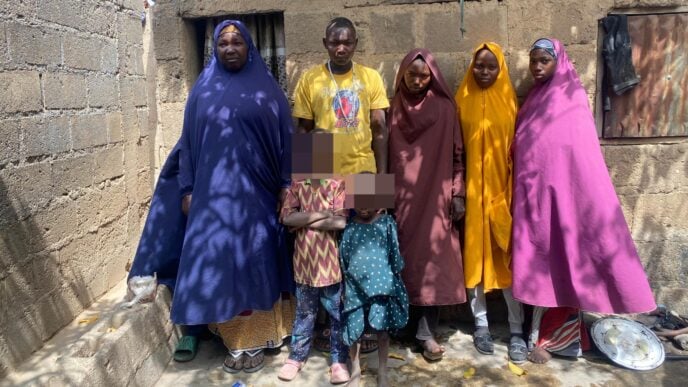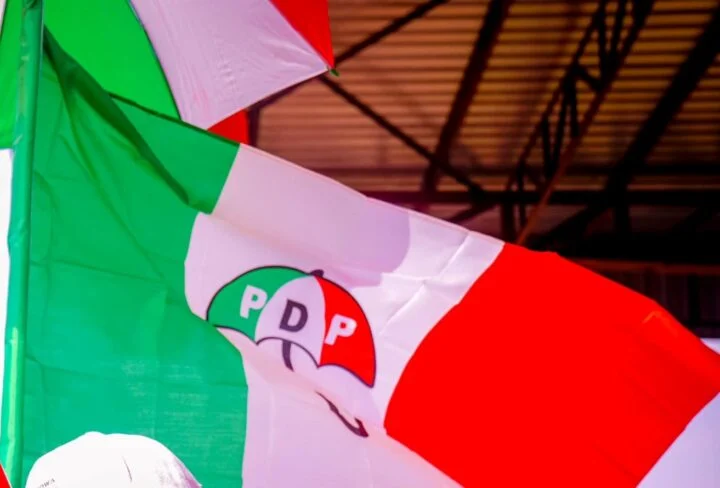Kemi Busari, an internationally recognised Nigerian journalist and media scholar, recently published preliminary findings from his research examining the issue of professionalisation and journalism education in Nigeria.
In this interview with TheCable’s TAIWO ADEBULU, he shares his academic journey, motivation, and how he intersects journalism practice, research, and teaching.
TheCable: Tell us briefly about your research interest?
Busari: I would say my research cuts across everything a journalist does in the newsroom. From a broad perspective, I am interested in everything that happens in the newsroom, from editorial decision-making to gatekeeping, news framing, ethics, verification, use of digital tools, artificial intelligence, and so on.
Advertisement
However, I have narrowly focused my research on a few major areas in the past couple of years. These include journalism professionalisation, i.e., the question of “who is considered a journalist?” I am interested in how journalism education influences this question and how the drive for professionalisation also impacts journalism education.
I am also doing a lot in the areas of fact-checking, misinformation and disinformation, journalism ethics, local journalism, and the influence of digital technology and artificial intelligence in all of these areas.
TheCable: You recently presented a study at the annual conference of the Association for Education in Journalism and Mass Communication (AEJMC) that found that the majority of Nigerian journalists do not study journalism. What was the motivation for this research?
Advertisement
Busari: That study was informed by recent developments in the Nigerian media space. First was the crucial bill that was introduced at the national assembly in 2021. It was an amendment to the Nigeria Press Council (NPC) Act that sought to criminalise the practice of journalism by individuals who don’t have a journalism degree.
That bill drew my attention to the attacks some journalists have faced simply because they didn’t study journalism or a media-related course. It made me curious to explore and understand the unique experiences of such journalists within the newsroom.
TheCable: Could you walk us through the journey to the conclusion that the majority of Nigerian journalists did not study journalism?
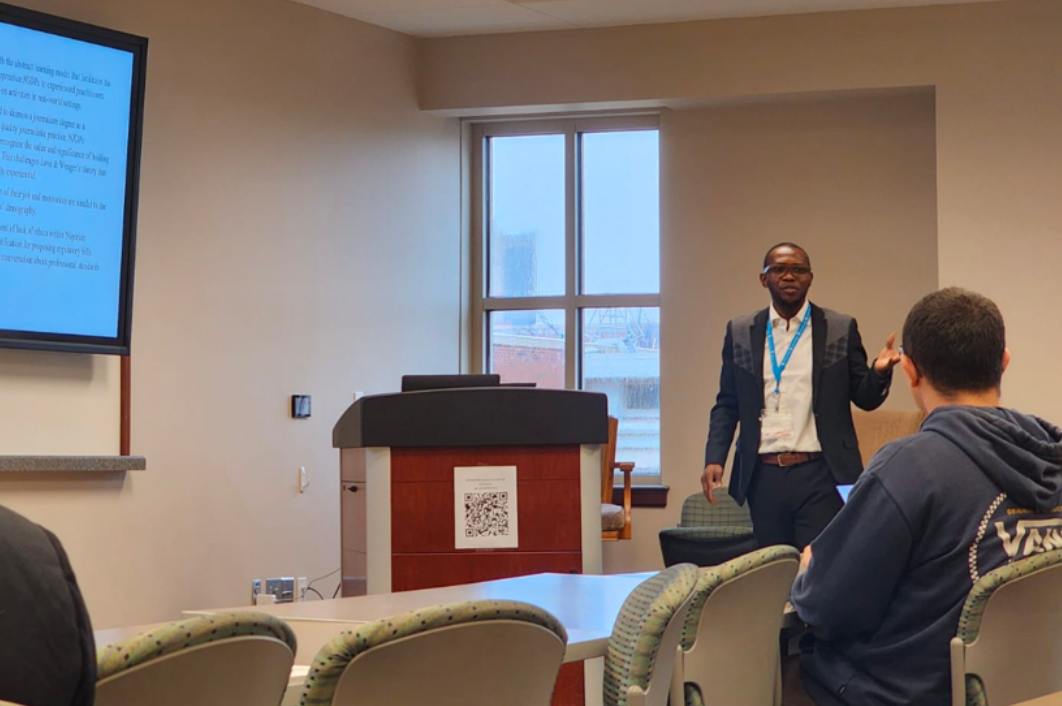
Busari: I started the research on this premise: “If we sought to criminalise the practice of journalism without journalism degrees, do we even have basic data on the percentage of such individuals in the newsrooms?” I was worried that the amendment to the NPC Act was based on subjective observations rather than objective data and insight. That led me to start digging more into the composition of Nigerian newsrooms, especially the academic qualifications of journalists.
Advertisement
I approached some newsrooms and journalists to gather data on their editorial staff members and their course of study, and the data from this preliminary study gave that percentage. I have read many comments that the percentage might be even more than what we found, so I will be doing a bigger study that involves a larger number of newsrooms.
Apart from this, I also did dozens of interviews with those journalists who don’t have journalism degrees to understand their pathways into the newsroom, motivation for the job, and how they navigate their professional identity in the face of discrimination, in some cases. I took this a bit further by conducting research to find out the key criteria newsrooms consider in employing new recruits, and I made some interesting findings.
TheCable: What is your aim with this research, and what are the potential contributions?
Busari: Firstly, I want policies to be informed by objectivity rather than subjective analysis. If we are to make a law that permits or excludes certain groups from practising journalism, such a law must be backed by credible data. If we have to make or alter policies about journalism education; we must understand the state of that sector.
Advertisement
In the end, I hope my research will inform policy drives around journalism professionalisation and education at the policy and legislative levels. For newsrooms, I hope my research will shed light on a demography that has long been part of their workforce but rarely receives focused attention — journalists without journalism degrees. I also aim to find the findings on recruitment criteria to inform newsroom hiring policies. There are many possible contributions, but I’ll stop here for now.
TheCable: Your study seems to be the first to examine the experiences of journalists without journalism degrees. Why is studying such people important?
Advertisement
Busari: It’s simple. If I ask you what you studied, there is over a 50% chance that it’s not journalism. That’s a significant demography when you think about how many such people are practising in newsrooms of today.
If journalism graduates are choosing not to practice or the newsrooms are not employing them, we need to know why. If people from other disciplines fancy journalism as a career, we need to know why. We need to know the implications of this on ethics and other aspects of journalism. We need to know if the audience cares about the course of study of the author of a journalistic piece. We need to know what all these mean for journalism practice in today’s world of artificial intelligence, decreasing media trust, and proliferation of non-traditional journalists.
Advertisement
The reasons are many, but chief among them are the need for objective information for policies and laws and the need to interrogate the perennial question of who is a journalist.
TheCable: What challenges have you faced so far?
Advertisement
Busari: I’ve faced many challenges. It’s very difficult to interview journalists, I must say. They are busy and often are not interested in your study. Even when you get them to talk to you, many are skeptical of what you want to use the interviews or their data for.
Apart from that, the historical part of my work has been facing a lot of challenges. Our archives either don’t have some materials, have lost them, or have them in bad shape. It’s been very difficult to access archival materials on Nigerian journalism. But I’m finding ways to surmount these challenges and the study is taking a good shape.
TheCable: What future do you see in this study and your academic journey overall?
Busari: I see a very bright future. The literature currently suggests a wide gap in journalism professionalsation and education in Nigeria that would be gradually filled in the coming years.
I foresee a situation where more Nigerian journalists and researchers are interested in this area of academic research and do more to advance knowledge. I also hope for a future where policymakers listen to objective data to propose laws that align rather than making subjective assumptions.
Looking at the bigger picture, I anticipate that my work will gradually highlight the relevance of a lesser-studied demography and, in time, make a significant contribution to the literature on the professionalisation of journalism and journalism education.

